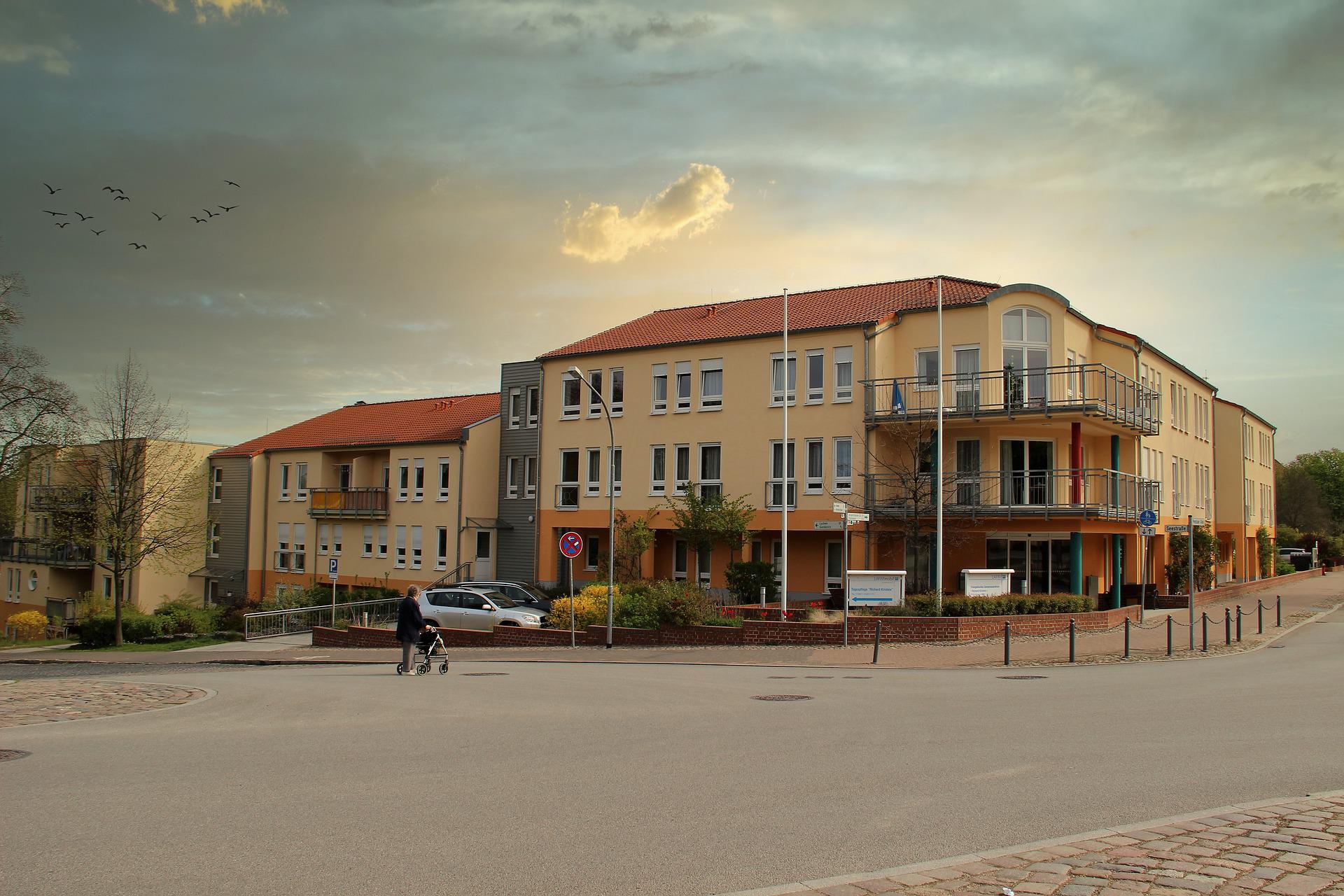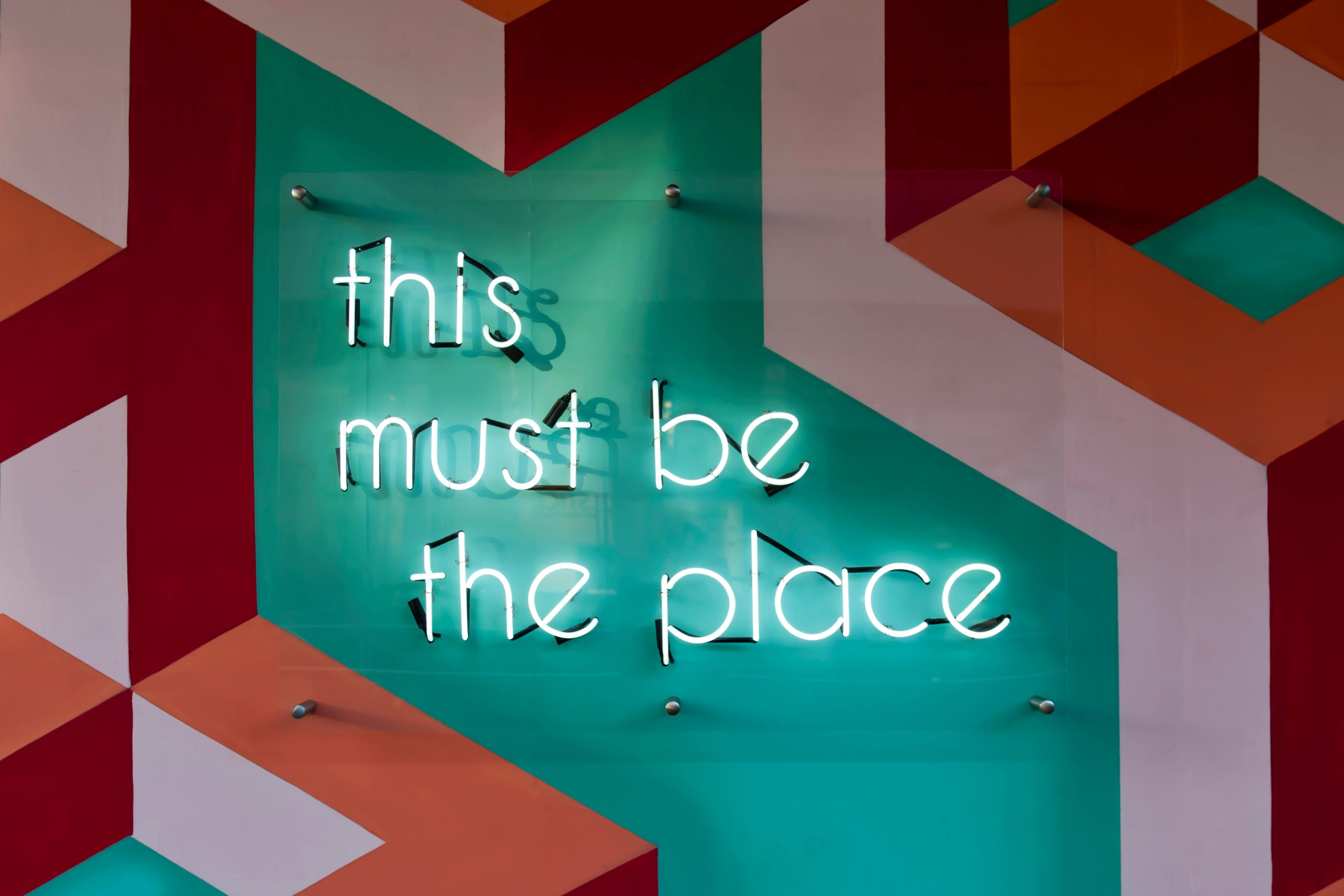
Making the decision to place a loved one in a retirement home is not easy. For the caregiver, it can feel like a failure. However, it is often a decision that will allow for better care of the person who needs it and allows the carer to have much deserved periods of rest. But choosing the right residence for your loved one can be difficult.
So how do you go about it?
AN ALZHEIMER’S RESIDENCE THAT GOES BEYOND HEALTH CARE OR MEDICATION
By only treating health issues or always turning to medication, caregivers can forget that they are dealing with a human being. This is probably one of the biggest shortcomings of Alzheimer’s residences today. The disruptive behaviors of people living with dementia are usually caused by a need that has not been met. Yet, with a purely medical response, the behavior is bound to recur. This greatly diminishes the resident’s quality of life.
FOCUS ON HUMAN CONTACT AND RELATIONAL CARE TO PRESERVE THE SKILLS OF THE ALZHEIMER’S PATIENT
When choosing the right residence for Alzheimer’s patients, we need to ask questions about the activities and human contact to which the Alzheimer’s patient will be entitled. Visit the premises and see if there are any tools available to facilitate the independence of the users. Then find out how involved the staff is in their lives.
- Are all the residents in their rooms staring at a blank wall or is there a gathering place?
- Do the staff chat and behave in a friendly manner or do they move from patient to patient without looking up?
- Have the staff been there for many years or is there a high turnover?
- Will the resident be encouraged to perform certain tasks independently or systematically returned to the role of patient?
An individual with Alzheimer’s has a great need for relational care in order to maintain their skills and stability. Yes, they will have visitors, but most of the time they will be surrounded by other residents and staff.
These people will become their anchors. They must provide comfort and security. In addition to being emotional resources, health care professionals have the power to help maintain independence… Or not!
STIMULATING MEMORY AND PRESERVING LANGUAGE DESPITE ALZHEIMER’S DISEASE
The person with Alzheimer’s disease does not only have memory loss or strange behaviors. They also have gains. Rather than continually dealing with the losses, it is possible to focus on preserving the gains. There are many activities and approaches that can help to stimulate the patient’s memory and language. There can be many communication problems at times of disorganization. The approach of the caregivers will have a direct impact on the preservation of the neurocognitive functions of the afflicted person.
When trying to choose the right residence, it’s important to ask what the Alzheimer residence offers in terms of support for communication, memory and autonomy? These skills are important and cannot be maintained without the necessary human support.
A RESIDENCE FOR ALZHEIMER’S SENIORS (Assisted Living or LTC) THAT HAS COMPLETED MONTESSORI TRAINING
The Montessori Alzheimer Center offers several training courses for health professionals working in geriatrics and residences for the elderly. These specialised training courses on the adapted Montessori method, put into practice approaches to encourage the maintenance of autonomy. It is a vision based on humanity and person-centered health care. Caregivers are trained to use empathetic, gentle approaches for their patients. Respect and dignity of the patient become the essence of the relationship. Their consent to care and active participation can make a big difference in their quality of life.
If you are a caregiver of an Alzheimer’s patient and would like to learn more about the Montessori method for caregivers there is specific training available for you.

